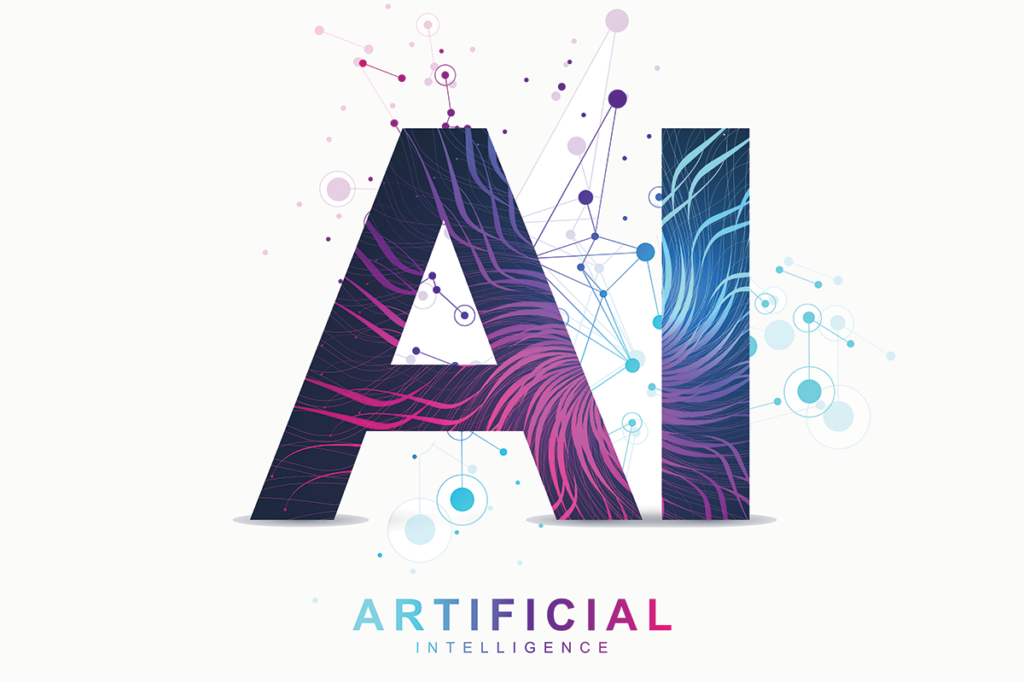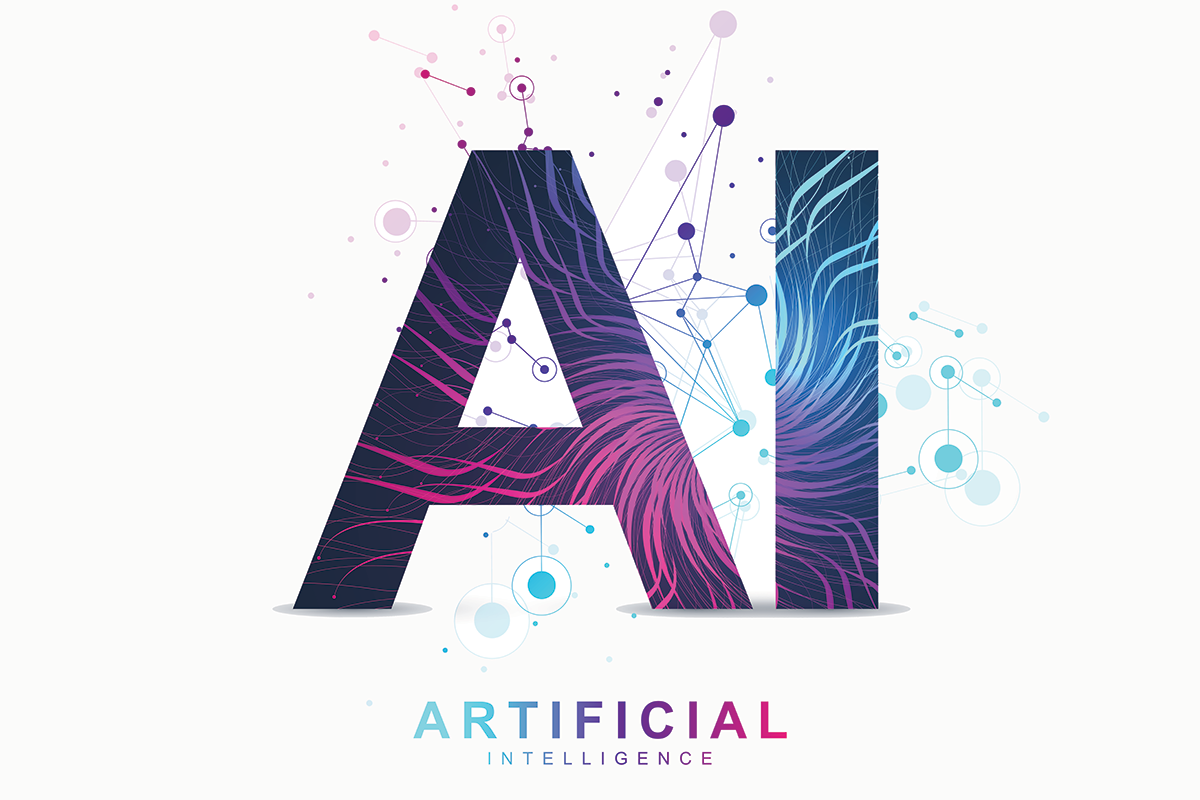AI
Meta CEO, Mark Zuckerberg, Showcases Significant Investments in AI Amidst Crucial Company Reformation
In a recent internal gathering, Meta CEO Mark Zuckerberg revealed the scale of the company’s investments in artificial intelligence (AI). The meeting covered topics including new products such as chatbots for Messenger and WhatsApp capable of mimicking varying personas, and novel features for Instagram, such as user photo alteration through text prompts and the creation of emoji stickers for messaging services.
This revelation is seen as a pivotal move for Meta, a company grappling with financial challenges and identity shifts over recent years. The company’s firm focus on its metaverse vision has led to criticism from investors, who argue that Meta has not dedicated enough resources towards the progressive field of AI.
Following in the wake of competitors such as Google, Microsoft, and Snapchat, Meta’s new focus on AI indicates a shift in strategy. These tech giants have already made significant strides with their AI-powered products, garnering substantial investor attention. Unlike these competitors, however, Meta has not yet launched any consumer-focused generative AI products.
To bridge this apparent gap, Meta has instigated a reorganisation of its AI departments and ramped up investment in infrastructure to underpin the demands of its upcoming AI product portfolio.
During the company meeting, Zuckerberg exuded confidence, suggesting that advancements in generative AI now make it feasible to infuse this technology across “every single one” of Meta’s offerings. This implies Meta’s strategic intent to harness the power of AI across its suite of platforms, including Facebook, Instagram, and WhatsApp.
Apart from consumer-oriented tools, Meta has announced Metamate, a productivity assistant for its workforce. This assistant is engineered to handle queries and carry out tasks using data from within the company’s internal framework.
In an intriguing move, Meta is investigating the potential of open-source models that would allow users to build their own AI-infused chatbots and technologies. Critics and competitors, however, have voiced concerns about the potential misuse of these tools, citing the risk of escalating the spread of misinformation and hate speech.
Addressing these concerns during the meeting, Zuckerberg stressed the importance of democratising access to AI. He voiced optimism that users would eventually develop AI programs independently, free from reliance on the architectures provided by a select group of dominant technology firms.
Despite the company’s intensified focus on AI, Zuckerberg assured employees that Meta’s metaverse vision remains alive and well. Both AI and the metaverse are set to continue as twin areas of focus for the company’s forward strategy.
The outcomes of these initiatives will be critical in determining whether Meta can bridge the gap with its competitors and secure its place among technology industry leaders in a rapidly evolving landscape. Meta’s dual focus on AI and the metaverse signifies a commitment to both current and future technological paradigms, promising a fascinating journey for the company and its followers.
The Next Frontier of Artificial Intelligence: Artificial General Intelligence and its Impact on Society
Introduction
Artificial Intelligence (AI) has come a long way in recent years, with machine learning algorithms and deep learning techniques enabling breakthroughs in various fields, from computer vision to natural language processing. However, the future of AI holds even greater promise, as researchers and technologists strive to develop Artificial General Intelligence (AGI) – a form of AI capable of performing any intellectual task that a human can do. In this article, we will explore the potential impact of AGI on society, economics, and ethics, as well as the exciting applications it may bring to various industries.
Understanding Artificial General Intelligence
While current AI systems like ChatGPT, DALL-E, DeepDream & Deep Mind excel at specific tasks, such as image recognition or language translation, they lack the ability to generalize their knowledge to new, unrelated tasks. AGI, on the other hand, aims to possess human-like intelligence, allowing it to learn and adapt to a wide range of tasks and situations. Developing AGI requires not only advances in machine learning algorithms but also a deeper understanding of human cognition, including reasoning, creativity, and problem-solving.
The Impact of AGI on Society
The advent of AGI could lead to a significant transformation of society in several ways:
- Labor Market and Economy: AGI could automate a wide range of jobs across various industries, leading to both job displacement and the creation of new job opportunities. While automation may increase productivity and economic growth, it also raises concerns about income inequality, job loss, and the need for reskilling.
- Healthcare: AGI could revolutionize healthcare by assisting in diagnostics, drug discovery, personalized medicine, and patient monitoring. This could lead to improved patient outcomes, reduced healthcare costs, and increased accessibility to healthcare services.
- Education: AGI-powered adaptive learning systems could provide personalized education, tailoring the learning experience to each student’s needs and abilities. This could enhance educational outcomes and help bridge the gap in educational resources across different regions.
- Environment: AGI could contribute to environmental conservation and sustainability by optimizing resource allocation, predicting and mitigating natural disasters, and developing innovative solutions for waste management and renewable energy.
Ethical Considerations
The development of AGI also raises important ethical questions:
- Control and Accountability: As AGI systems become more autonomous, it becomes crucial to ensure they align with human values and interests. Ensuring the ethical behavior of AGI systems and determining responsibility for their actions are critical concerns.
- Privacy and Security: The increasing power and ubiquity of AGI systems may pose risks to individual privacy and data security. It is essential to establish safeguards and regulations to protect against misuse of AI technologies.
- AI Bias and Fairness: AGI systems must be designed to be unbiased and fair, avoiding the risk of perpetuating existing societal biases and inequalities. This requires careful consideration of the data and algorithms used to train AGI systems.
Conclusion
Artificial General Intelligence has the potential to bring unprecedented advances across various domains, from healthcare to environmental conservation. However, achieving AGI also poses significant challenges, both technical and ethical. It is crucial for researchers, policymakers, and society as a whole to work together to ensure the development of AGI aligns with human values and leads to a future where AI technologies are harnessed for the greater good of all.

Shipwreck Studio PTY LTD
25/2 Burelli St
Wollongong 2500
Australia | ABN 95762680527
Copyright © 2023 Shipwreck Studio PTY LTD. All rights reserved.


